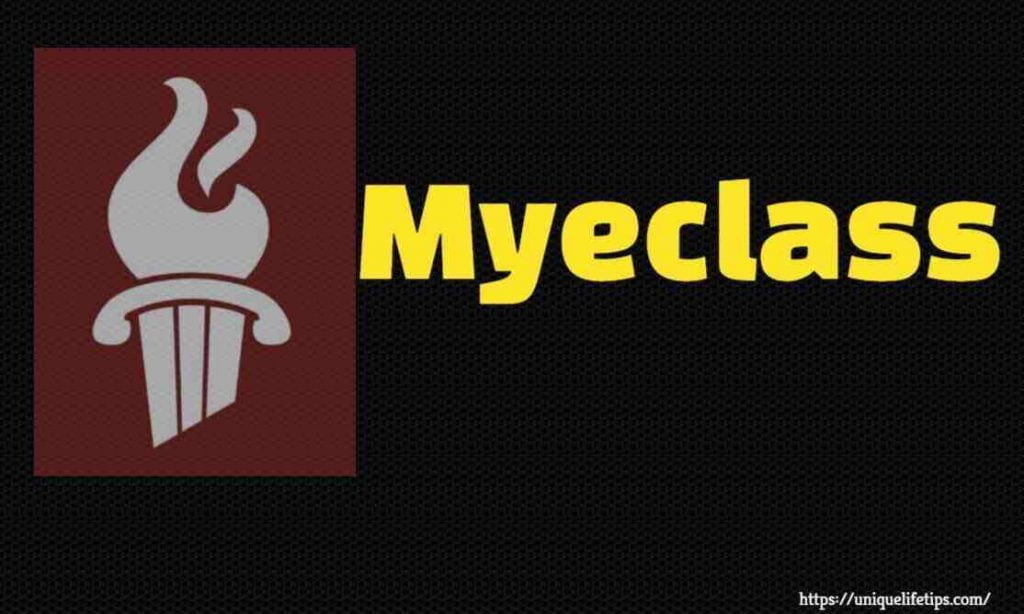Last updated on March 27th, 2024 at 05:00 pm
Creative writing is an invaluable skill that can enrich our lives in countless ways, from providing a fulfilling creative outlet to opening doors to exciting career opportunities. One of the most effective ways to hone your writing skills and unleash your creative potential is by enrolling in formal creative writing courses. In this comprehensive long-form article, we’ll explore the many advantages and benefits associated with taking creative writing classes backed by research, expert insights, and practical examples.
Table of Contents
Improving Writing Skills: Mastering the Art of Storytelling
One of the primary reasons people enroll in creative writing classes is to improve their writing skills. These classes provide a structured environment where students can learn essential techniques and practice various aspects of storytelling, such as plot, character development, and dialogue.
1. Understanding the Elements of Storytelling
Every story has certain elements that are essential for success, from a compelling plot to believable characters and intriguing settings. Creative writing classes can help you understand the basic components of effective storytelling and build an appreciation for the craftsmanship involved. Creative writing classes often begin by introducing students to the fundamental elements of storytelling, which include:
- Plot: The sequence of events that make up a story, including exposition, rising action, climax, falling action, and resolution.
- Character development: The process of creating complex, relatable characters that evolve throughout the story.
- Dialogue: The conversations between characters can reveal character traits, move the plot forward, and create tension or conflict.
By gaining a thorough understanding of these elements, students can craft engaging, well-structured stories that resonate with readers.
2. Practicing and Refining Techniques
Creative writing classes typically involve a mix of lectures, discussions, workshops, and writing exercises, providing ample opportunities for studentsto practice and refine their storytelling techniques. This hands-on approach enables students to apply their newfound knowledge in a supportive environment, receiving immediate feedback and guidance from instructors and peers.
Most of the techniques that students learn in creative writing classes can be applied to their own work, helping them become better writers and hone their individual styles. Creative writing classes also present an ideal opportunity for aspiring authors to develop a body of work that they can use to begin building an audience or submit as part of their portfolio.
Learning From Peers and Expert Instructors
Another significant advantage of taking creative writing classes is the opportunity to receive constructive feedback from fellow students and expert instructors. This feedback can help individuals identify strengths and weaknesses in their writing, enabling them to make targeted improvements and elevate their craft.
1. Peer Review and Collaboration
Many creative writing classes involve peer review sessions, where students share their work with classmates and provide feedback on each other’s writing. This collaborative process exposes students to a diverse range of perspectives and writing styles, fostering an inclusive learning environment and encouraging mutual growth and improvement.
2. Expert Instruction and Mentorship
In addition to peer feedback, creative writing classes offer the invaluable guidance of experienced instructors who are well-versed in the art of storytelling. These experts can provide personalized advice, insights, and constructive criticism, helping students refine their writing style and overcome common challenges.
Unlocking Imagination and Enhancing Communication Skills
Creative writing classes not only improve students’ storytelling abilities but also help them unlock their imagination and enhance their overall communication skills. By learning to express their thoughts and ideas more effectively, students can become better communicators in both their personal and professional lives.
1. Fostering Creativity and Originality
Creative writing classes encourage students to tap into their creativity and explore new ideas, genres, and perspectives. By pushing the boundaries of their imagination, students can develop original, compelling stories that stand out from the crowd.
2. Strengthening Written and Verbal Communication
As students hone their writing skills through creative writing classes, they also become more effective communicators in general. The ability to convey thoughts and ideas clearly and engagingly is a valuable asset in various personal and professional contexts, from writing emails and reports to giving presentations and participating in conversations.
3. Enhancing Critical Thinking and Problem-Solving Skills
Creative writing classes also help students strengthen their critical thinking and problem-solving abilities. As they explore different stories, characters, and plotlines, students must analyze situations from multiple angles, identify solutions to narrative challenges, and make decisions quickly. This practice can lead to improvements in other areas of life as well.
4. Building Self-Confidence and Resilience
Creative writing classes can be incredibly empowering for individuals of all ages. The process of developing stories and characters encourages students to embrace their unique voices and perspective, building self-confidence and resilience in the face of challenges. With each new story they craft, students gain a renewed sense of pride in their accomplishments.
5. Boosting Learning and Memory
Research suggests that creative writing can positively impact learning and memory. By actively engaging with stories and characters, students are able to make deeper connections between ideas, increasing their capacity for understanding complex concepts. This improved cognitive function can have a lasting effect on their academic performance and overall well-being.
Increased Opportunities: Employment, Publication, and Awards
Investing in creative writing classes can yield tangible benefits in terms of increased employment opportunities, publication prospects, and even awards in the field of creative writing. According to a study by the National Center for Education Statistics, individuals with a background in creative writing are more likely to find employment in industries such as journalism, advertising, and public relations.
Additionally, taking creative writing classes can improve your chances of getting published, as these courses often provide guidance on navigating the publishing process and connecting with literary agents and editors. Furthermore, many prestigious writing awards and competitions recognize the achievements of individuals who have completed formal creative writing training, further bolstering the career prospects of those who invest in these classes.
Related articles,
Tips for Choosing an Online First Aid Course
The Relevance of National and Global Happenings in Competitive Exams
In Conclusion
Taking creative writing classes offers numerous advantages and benefits, from improving writing skills and fostering creativity to enhancing communication abilities and opening up new career opportunities. By investing in your creative development through formal education, you can unlock your full potential as a storyteller and embark on a fulfilling, rewarding journey in the world of creative writing.







